The Origin Green Ambassadors
Global Insights 2021
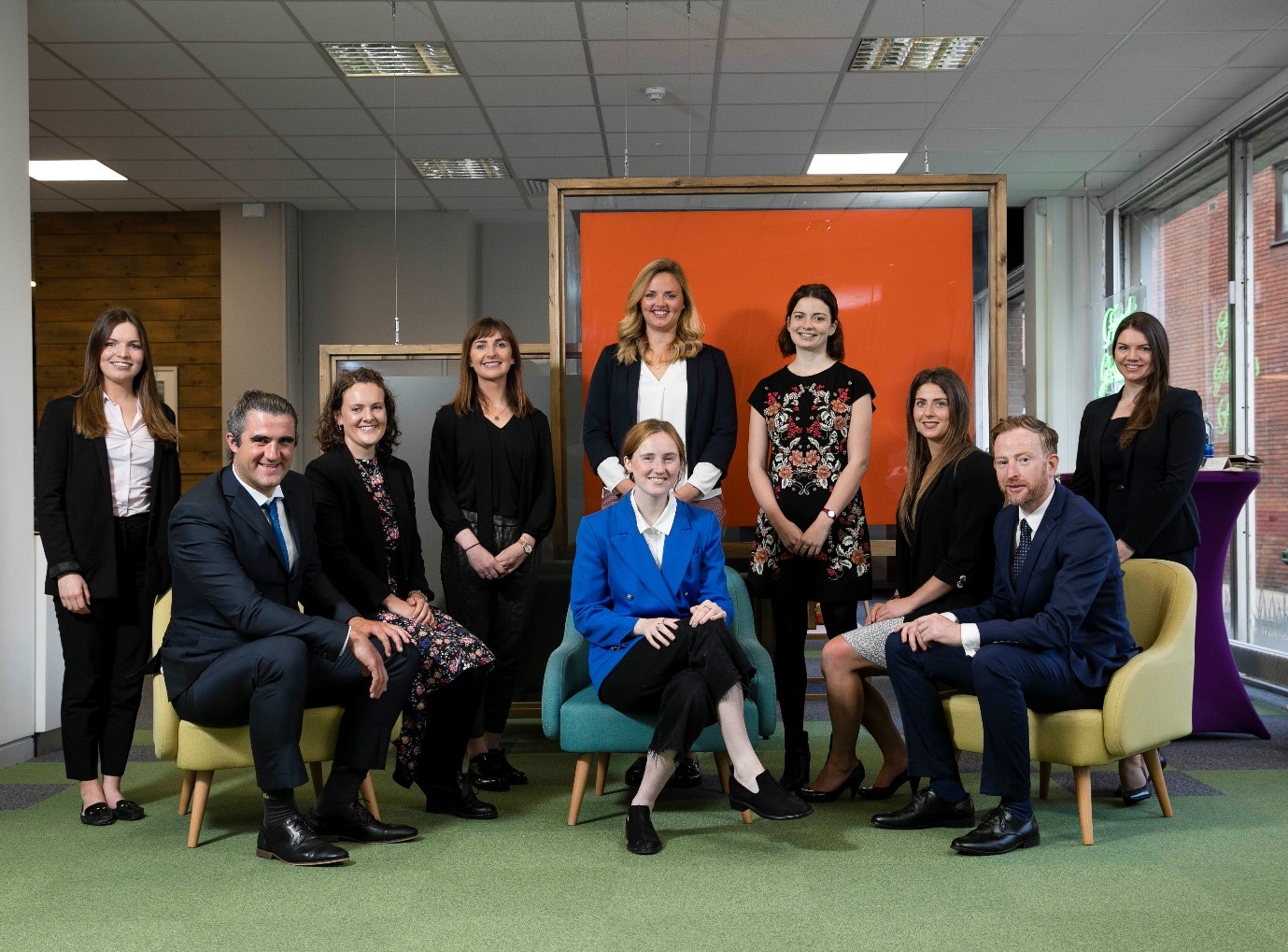
The Ambassadors are the connection between Ireland’s Origin Green programme and its associated partner organisations who are world leaders in the global food industry. The Class of 2021 are a cohort of sustainabilty professionals who bring a fresh perspective to the food industry. Through their CVs, these Ambassadors showcase their talent and skills. Learn more about the achievements the Ambassadors have made over the past two years in their partnerships with major international food companies and their careers to date below.
Global Insights Reports 2021
In this series of Global Insights Reports, the Ambassadors bring you their Valuable Insights on some of the most pressing Sustainability Issues and Opportunities facing our Industry.
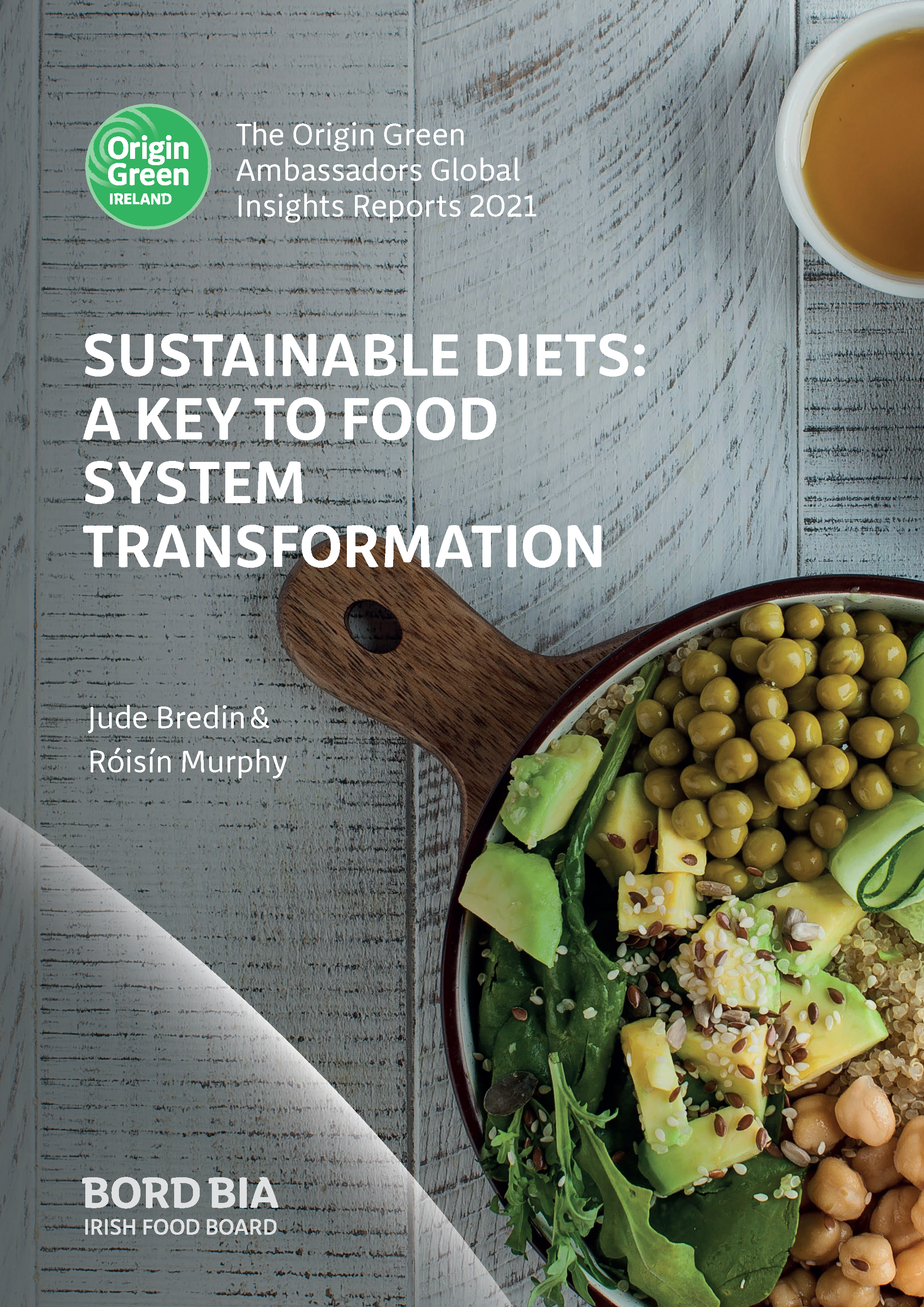
We are facing a massive Catch-22 – humanity needs food to survive, but producing that food in sufficient quantities to nourish the world’s expanding population is, literally, killing our planet. Science, as ever, has developed an answer and thankfully, it’s a palatable one. Sustainable diets move past the simplistic Animal-based VS Plant-based dietary camps and rather look at the problem holistically. A sustainable diet is sustainable for: the person who eats it, the person who grows or produces it, and for the planet that it is produced on. We are moving from Animal- or Plant-based thinking to PLANET-based thinking.
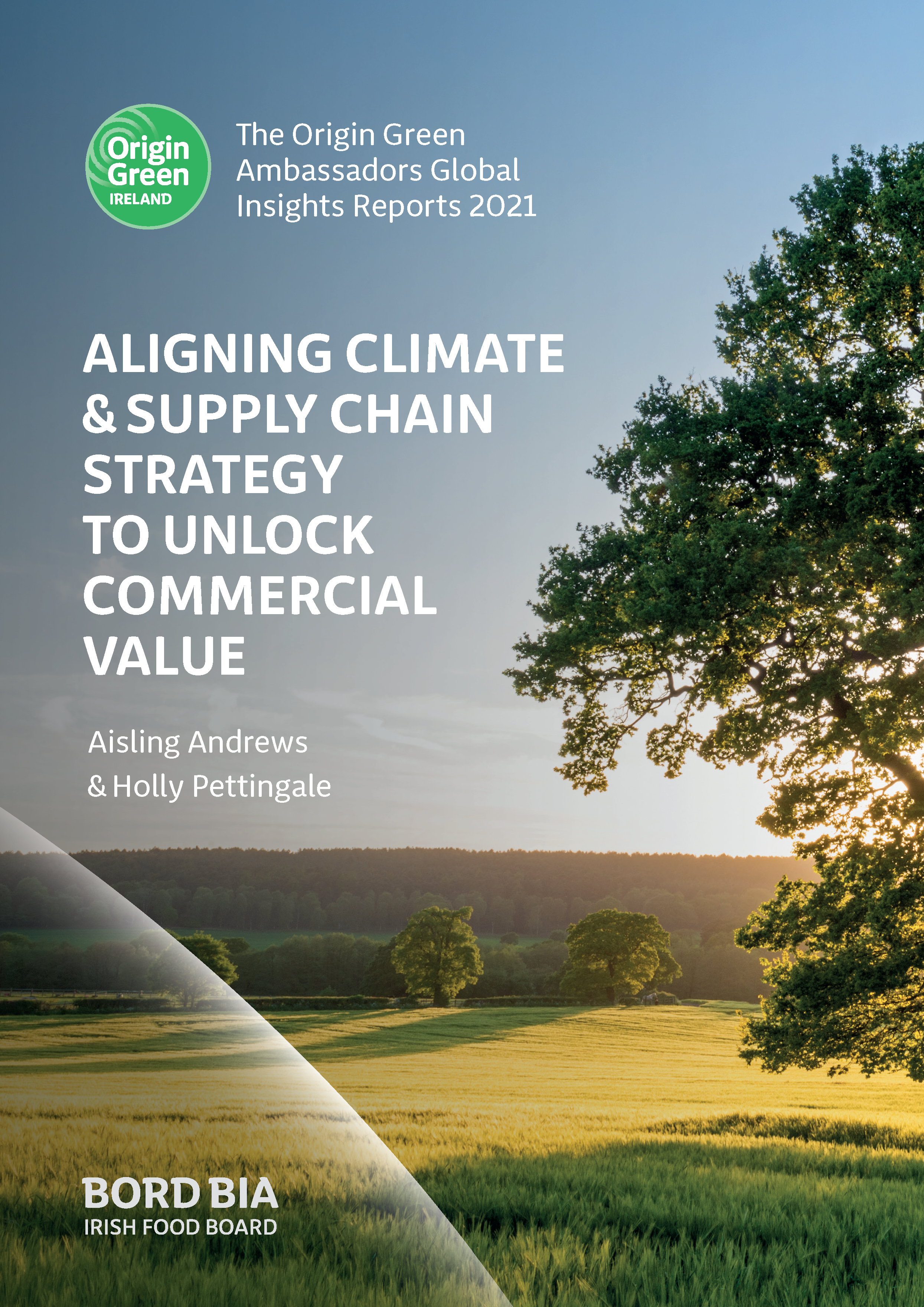
On a planetary level, climate change threatens humanity’s very existence. More immediately, as humanity moves to address this threat, entire sectors, and individual companies within those sectors, are facing the existential threat of being eclipsed if they fail to respond quickly enough with the changes that are going to be required by consumers, by their B2B customers, and by local and international legislation. A zero-based approach to your supply chain strategy is going to be essential for your company’s medium-term survival. Aligning climate priorities with your supply chain infrastructure now will give you first-mover advantage; every quarter you defer this inevitable transformation merely hands that advantage over to your competitors.

All businesses face moments when they are forced to evolve. A new piece of legislation, a new technology or entrant into your market, a demand from a major customer – we’ve all had experience of the shake-ups that those force upon us. It has become obvious that Supply Chain Transparency is going to be another one of those evolutions. As more and more industries sign up to international climate change and responsible sourcing targets, they are going to start demanding 100% transparency from their vendors. Being able to provide robust, verifiable data on all this will be the difference between remaining or being deleted from the list of Approved Vendors. At time of writing, there is still competitive advantage in migrating to this approach, but the door on that opportunity is closing fast and playing catch-up will be costly and difficult, so the time to act is now.
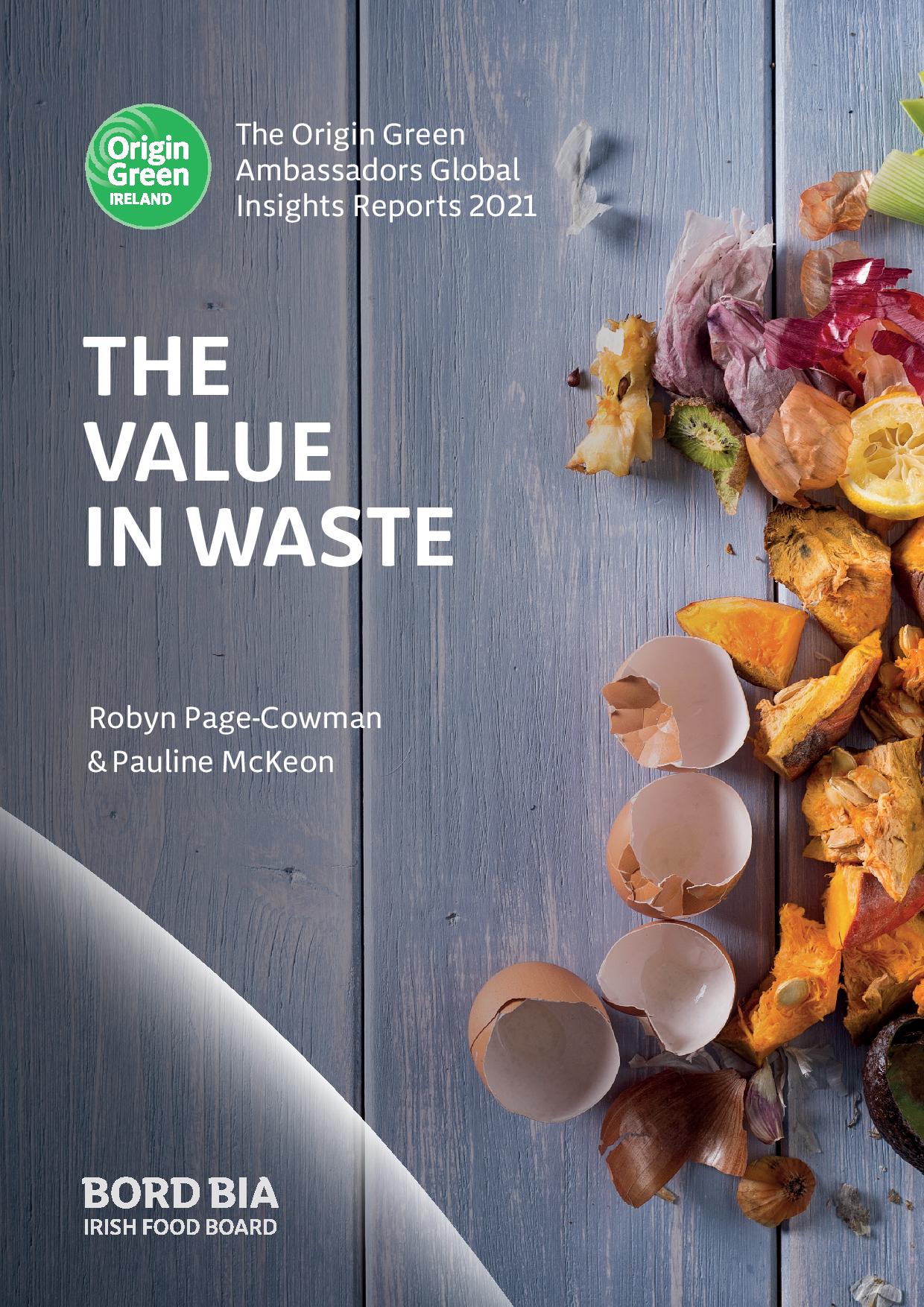
Living in lockdown made many consumers connect with the food they had and the food waste they were creating. A study by WRAP in the UK found consumers reduced waste due to having more time to prepare and plan meal, but also because more were feeling an acute sense of food 'insecurity'. The pandemic drove constraints in our food supply chain resulting n a lack of availability. We also saw a spike in poverty levels where due to the pandemic's impact on our economies in Ireland, FoodCloud reported a 70% increase in the number of people seeking food support from March to June in 2020. As a result, businesses, consumers, investors and governments are more engaged with the business case behind reducing food waste- especially as this increases profitability where food waste costs the Irish industry €2 billion a year post- farm gate, and Irish consumers up to €1,000 according to the EPA. Moreover, food waste has the potential to open up huge commercial prospects for the Agrifood sector through the circular economy principles and innovation this unlocks in our waste streams
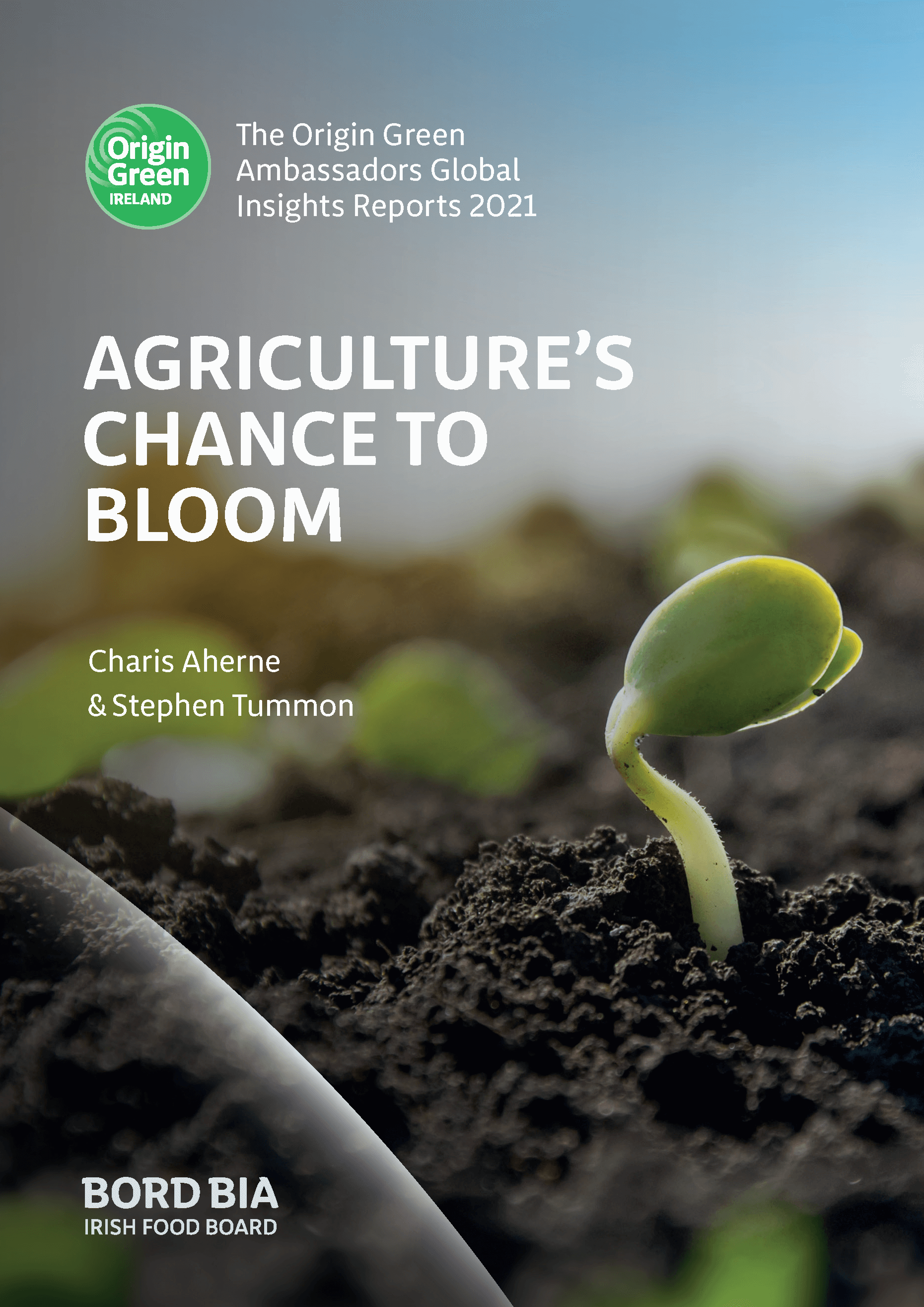
On foot of the Dust Bowl crises across the Great Plains in the 1930s, Franklin D Roosevelt wrote, “A nation that destroys its soil destroys itself.” Today, with climate change, expanding (and ageing) populations, and continued food scarcity for almost one in ten people on the planet, the strain on Global Agriculture has become a perfect storm. We are constantly reminded that there is no Planet B, so we’d better develop a Plan B to address all this. Regenerative Agriculture is that plan – it solves all of the problems of soil depletion, reduces the massive input costs of fertilisers and produces increased, sustainable, yields while lowering your carbon footprint.
